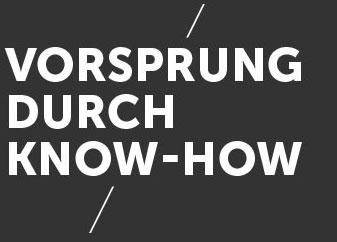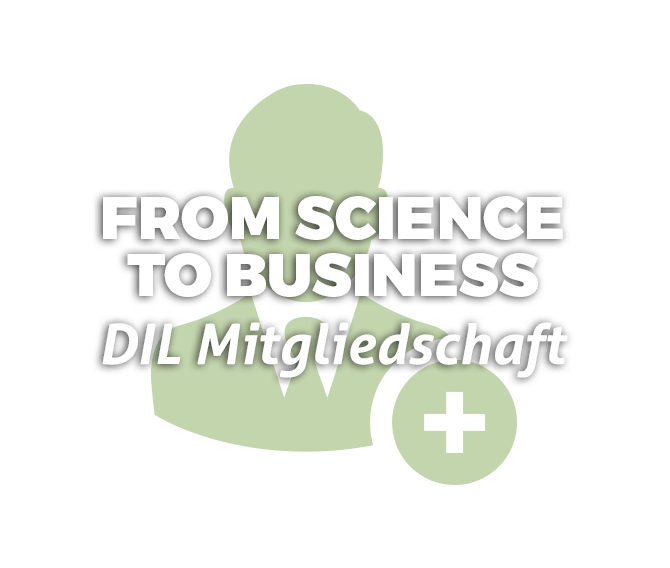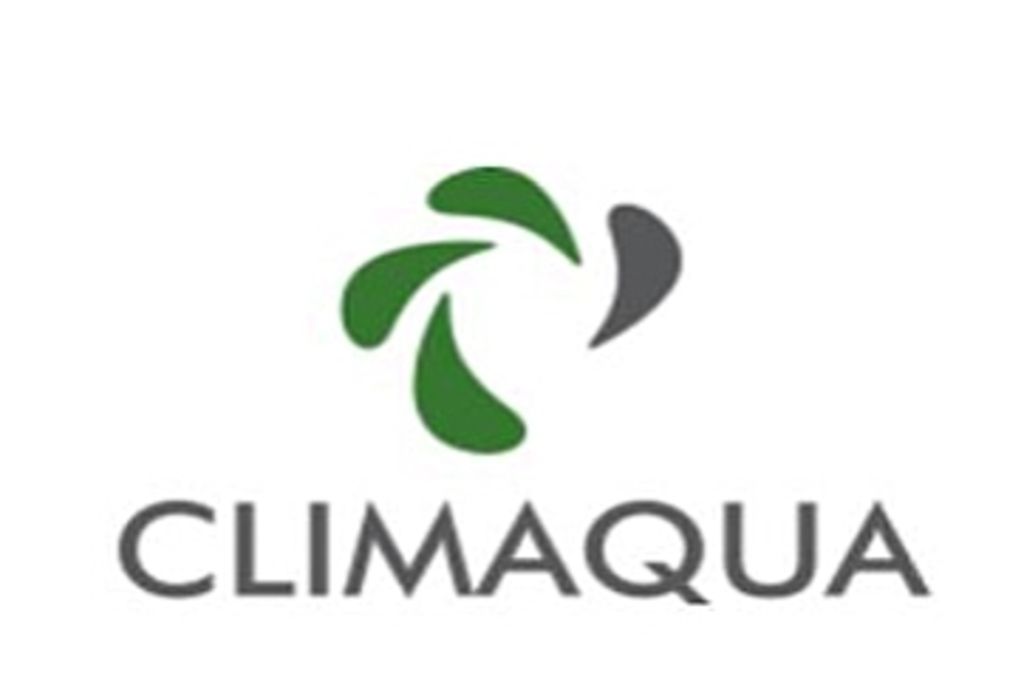Establishing an innovative and transnational feed production approach for reduced climate impact of the aquaculture sector and future food supply.
German Institute of Food Technologies (DIL Deutsches Institut für Lebensmitteltechnik e.V.) is responsible for the Life Cycle Analysis and cultivation of A. platensis at larger scale under heterotrophic conditions. The LCA analysis would help to identify the impact of new technological setups of CLIMAQUA in the framework (ISO 14040, ISO 14044, databases, software). This will further provide support for the decision-making process in the context of mitigation of several challenges, such as, side-stream management, sustainable A. platensis biomass cultivation, food insecurity and depletion of natural resources.
Scientific abstract
CLIMAQUA results in an innovative process for converting and recirculating aquaculture side-streams (sludge and wastewater) in algae (Arthrospira platensis)-based feed production for aquacultures. In conventional aquaculture, feed production is responsible for 50% of greenhouse gas (GHG) emission. The aim is to substantially reduce GHG emission by considering geographic and site-specific characteristics (temperature, sunshine duration etc.) and to design site-specific phototrophic or heterotrophic cultivations for almost completely ingestible feed.
CLIMAQUA builds on knowledge gained regarding aquaculture and feed production, and involves partners from Norway, Germany, Kenya and South Africa in order to broaden the applicability, not limiting the approach to a certain geographic area and assessing climate impact of feed production in different climate zones.
The transnational cooperation is characterized by an intense knowledge exchange from the South to the North and vice versa. South Africa and Kenya cope with climate situations challenging the constant supply of food. Norway has established efficient aquaculture food production systems and will work on methods for better utilisation of the side-streams. Further, Norway will develop missing knowledge on how to deal with climate change in the future, while South Africa will learn how to efficiently manage aquaculture side-streams. This cooperation strengthens regional capabilities and contributes to food security under climate change within 1.5 or 2 °C until 2050 and beyond.
Embedded in an assessment of climate impact and an investigation of social (including the stakeholders: Aquaculture farmers, feed and food processors as well as consumers), economic and environmental aspects, regional results gained, information to food demand authorities, the role of food losses and waste management and feedback of stakeholders will be used to further improve resource utilisation efficiency and nutritive quality of produced food in southern and northern parts of the world to strengthen regional food supply.







